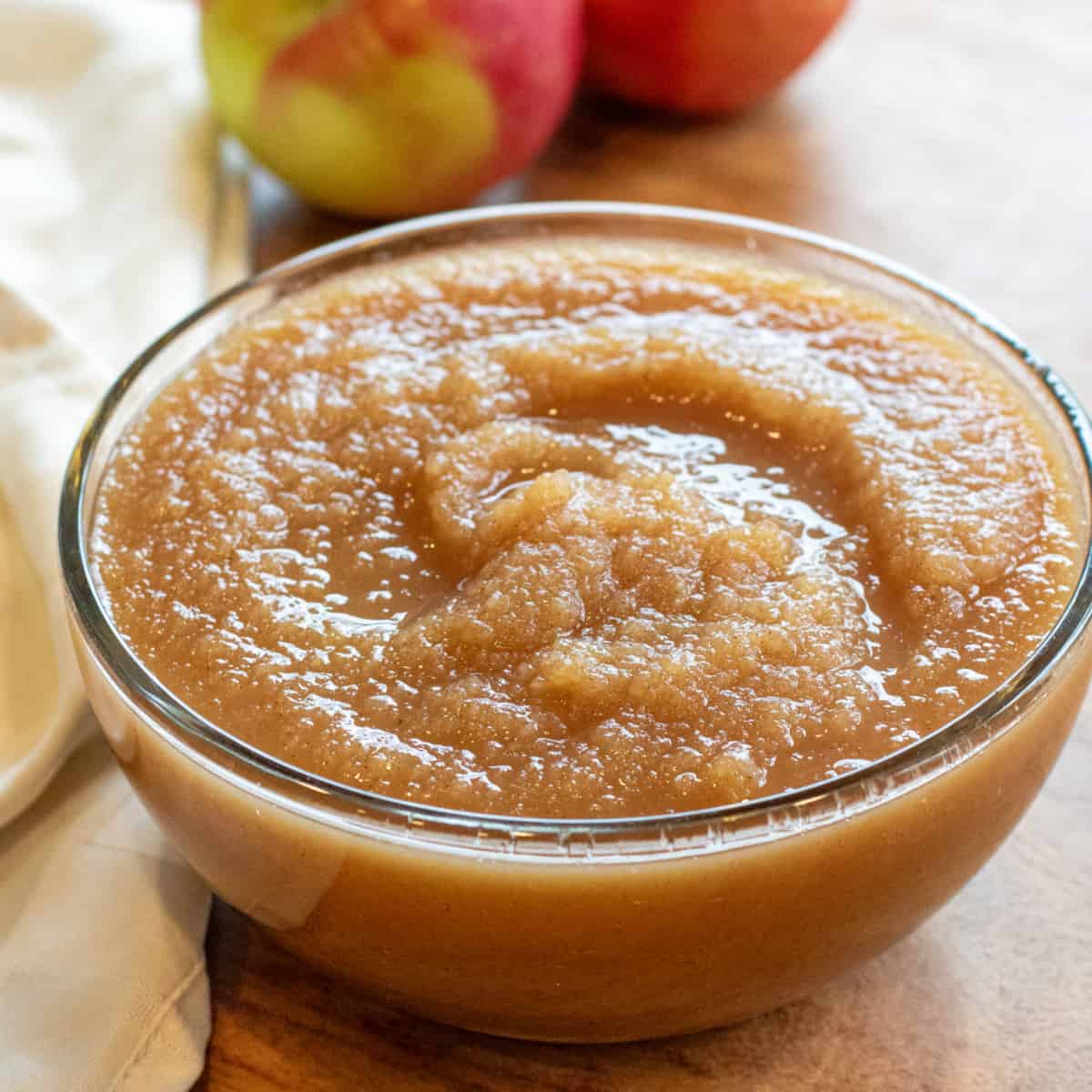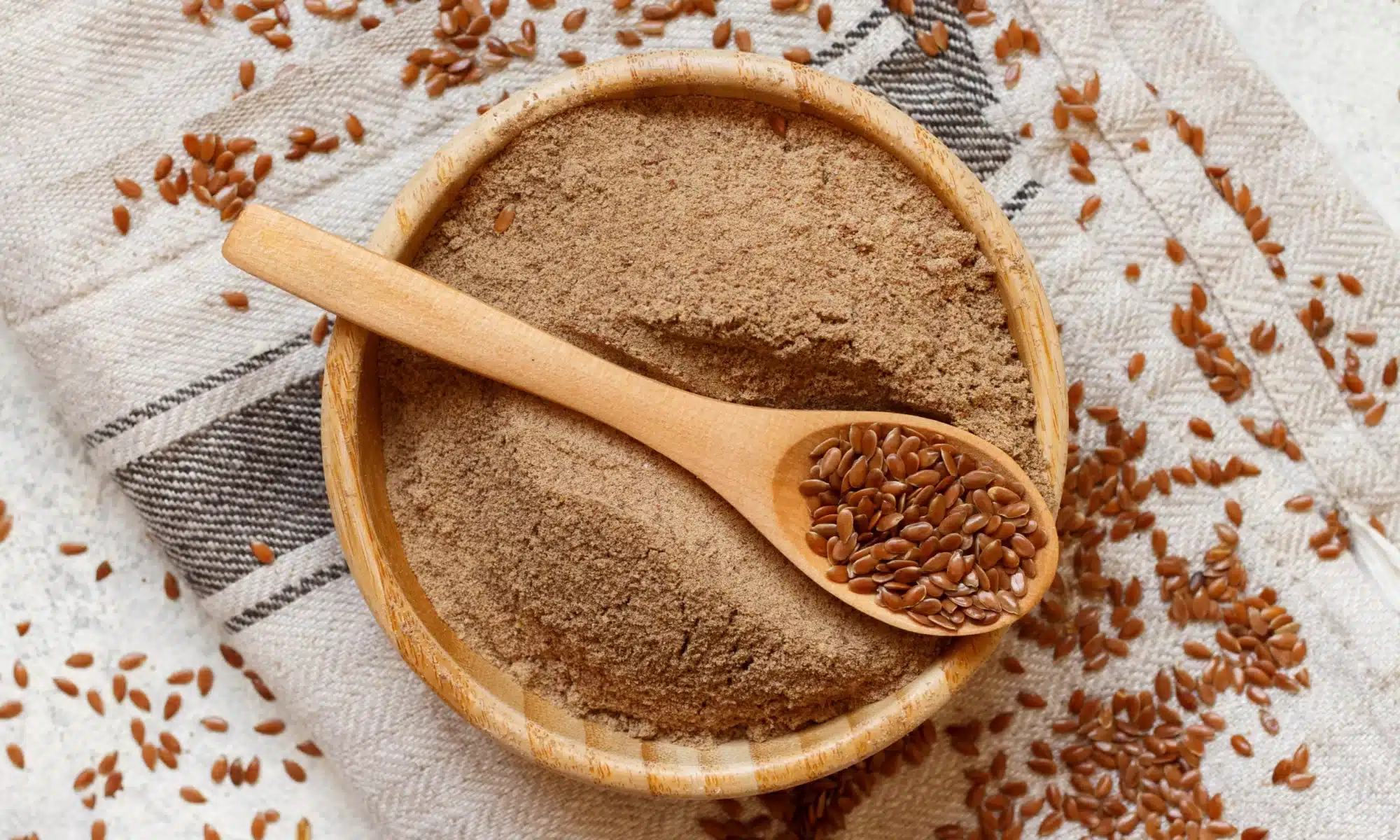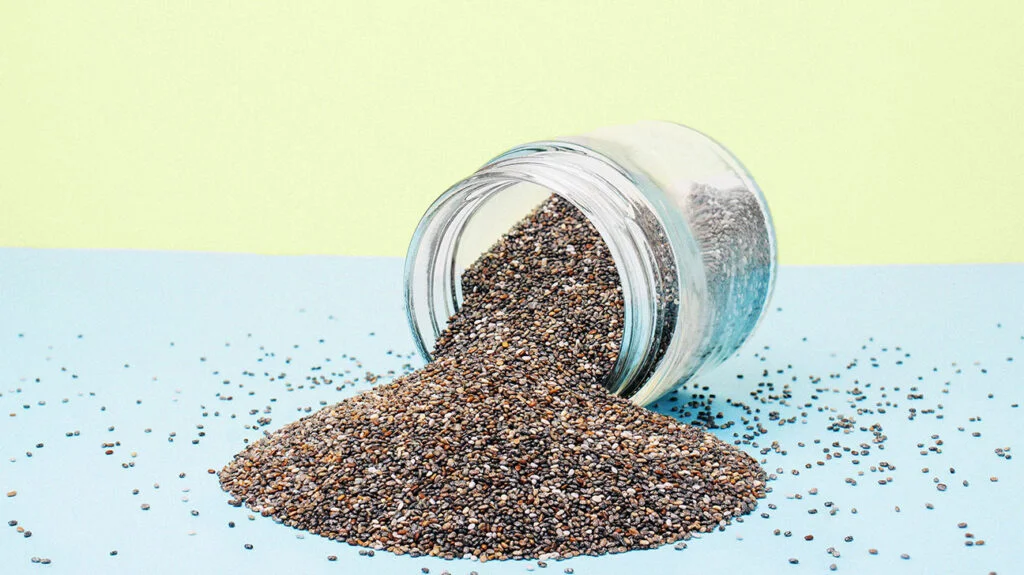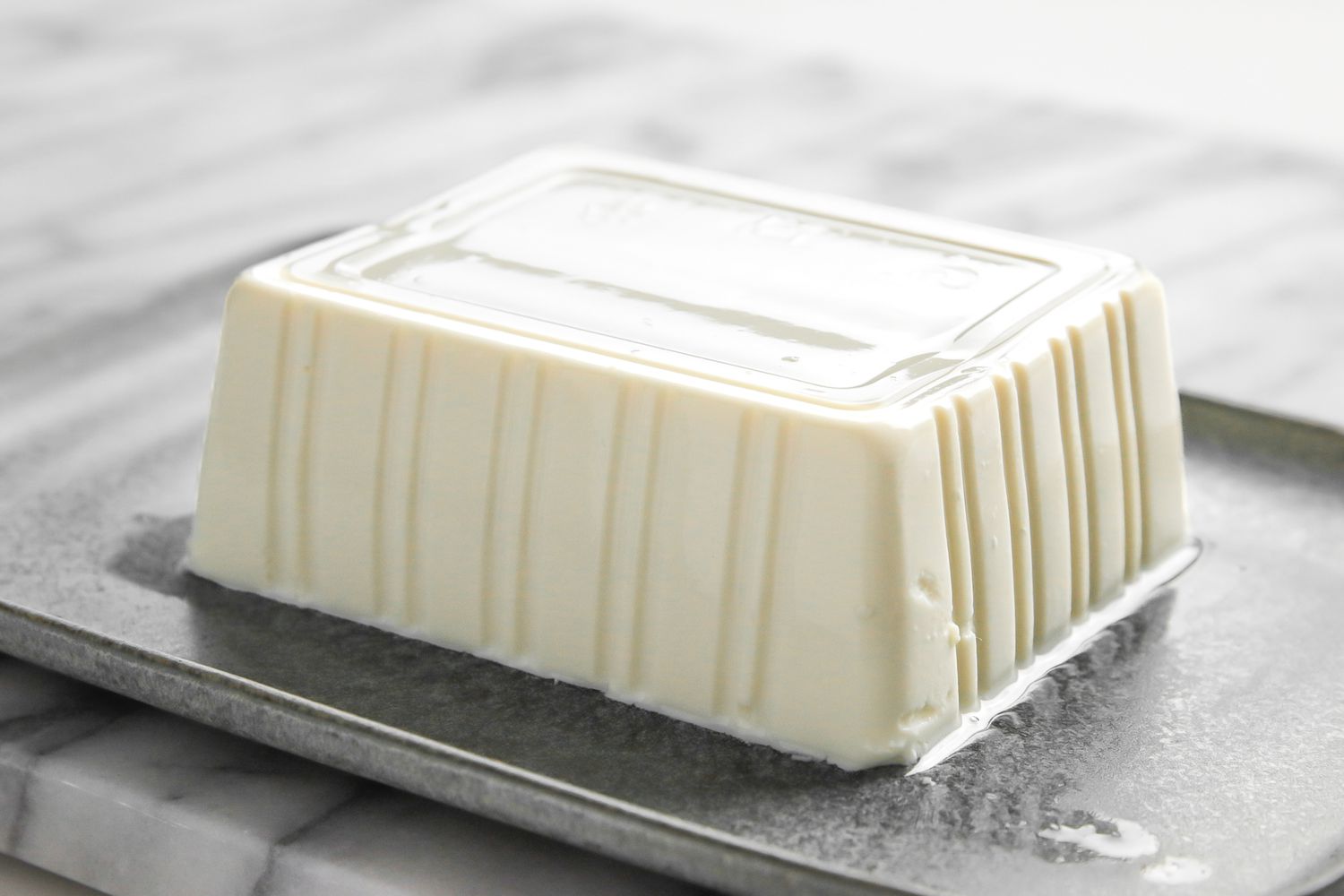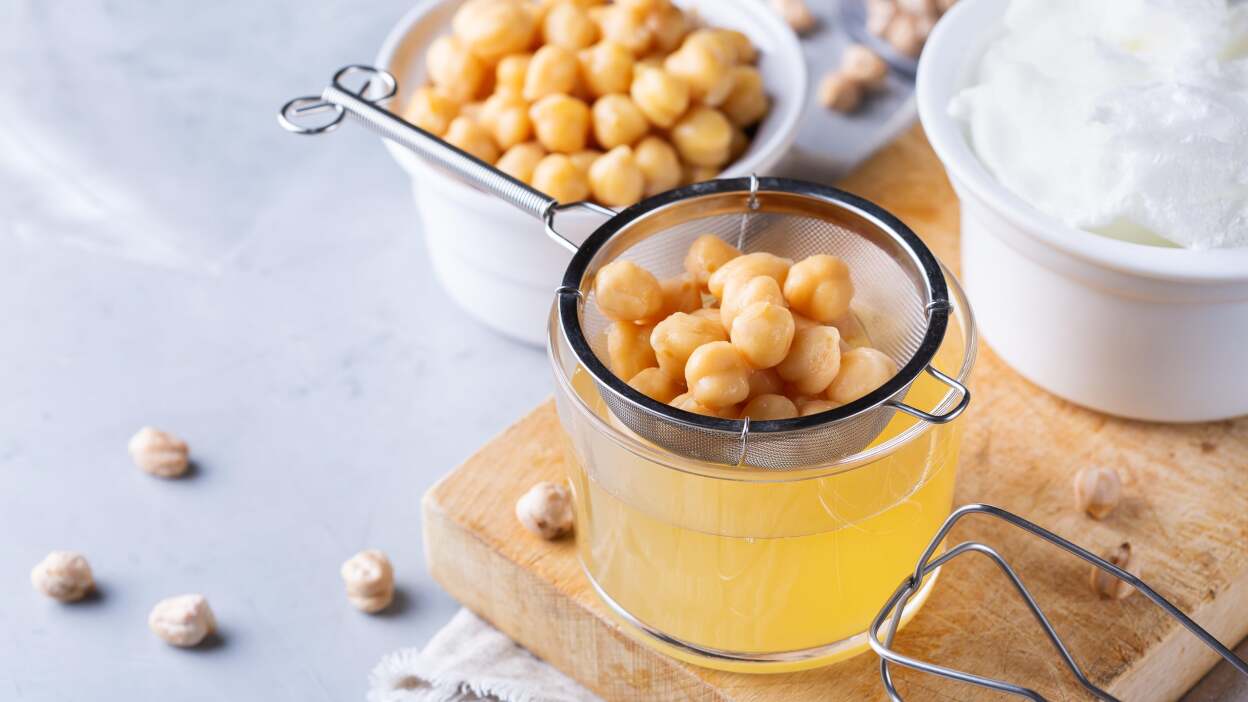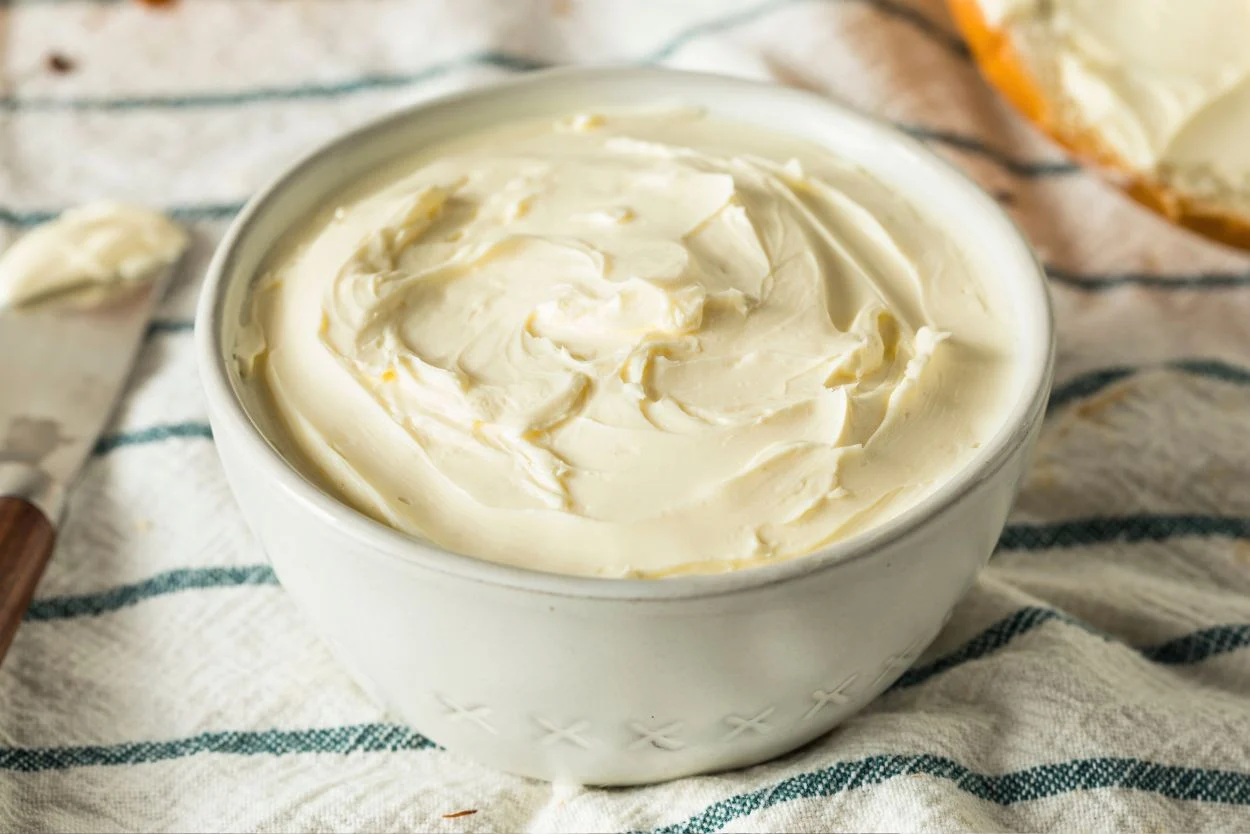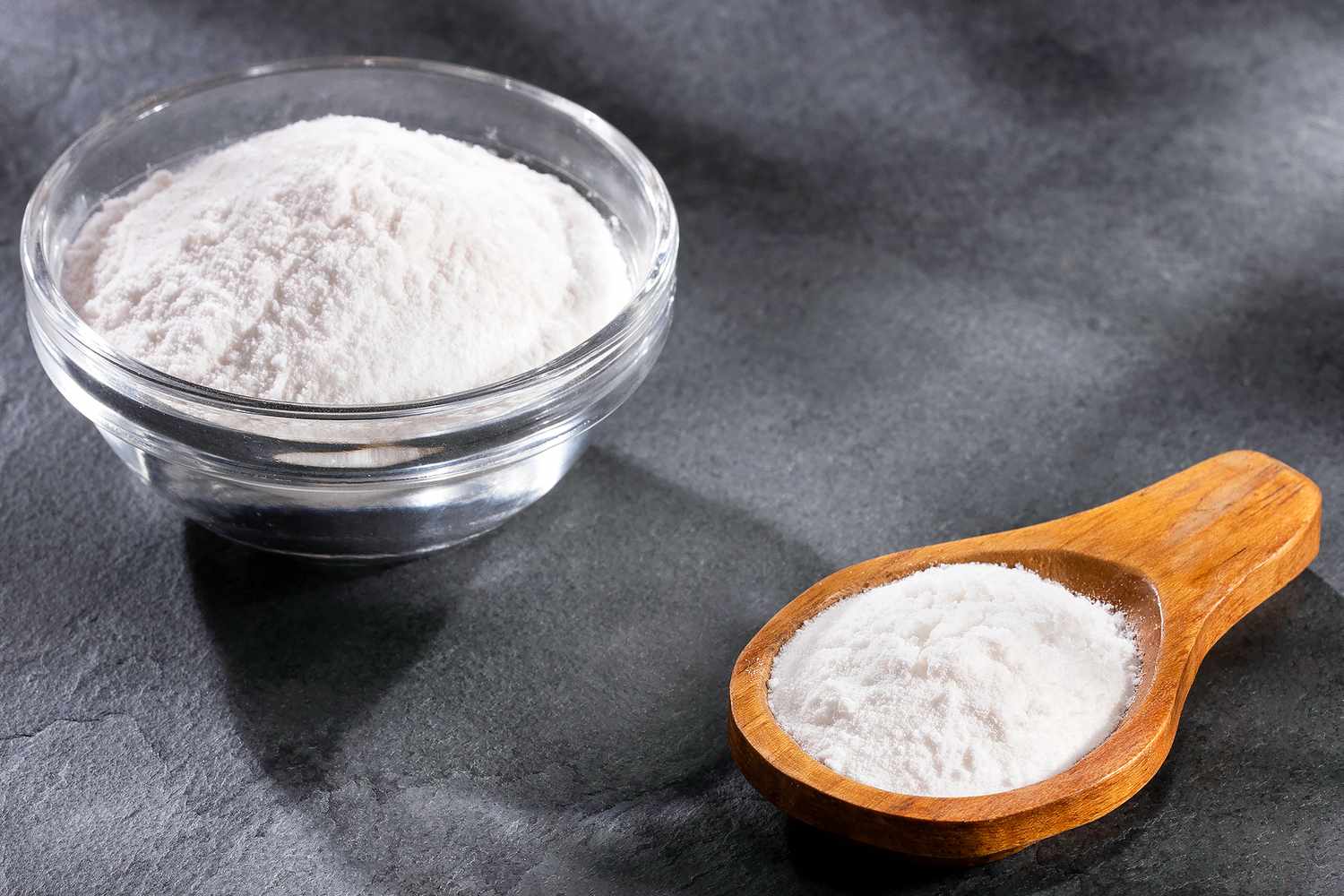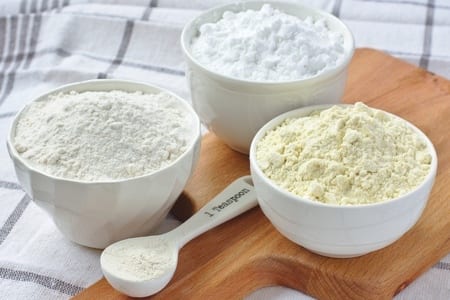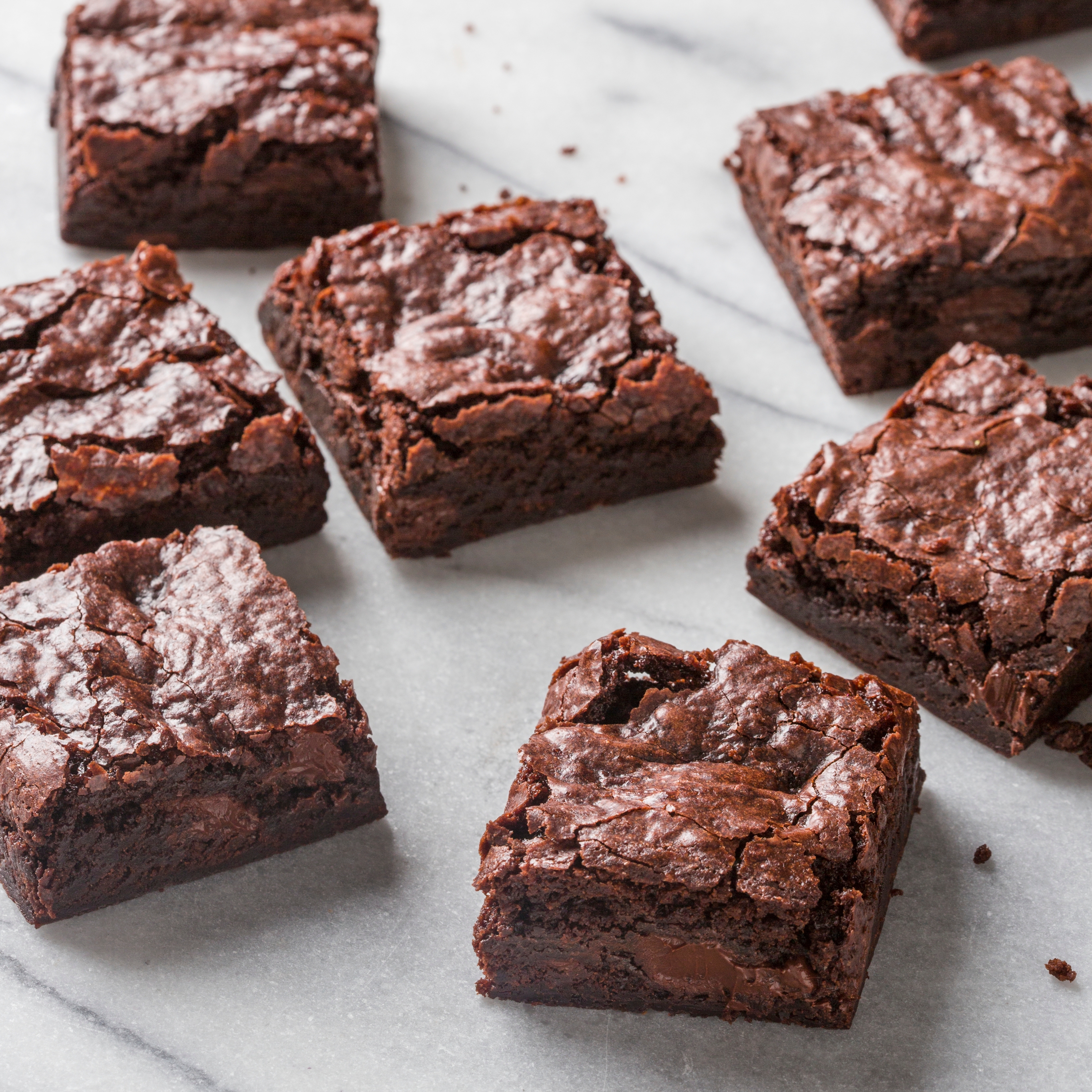
Baking without eggs has become increasingly popular due to dietary restrictions, health concerns, and a growing interest in plant-based cooking. If you're following a vegan lifestyle, dealing with egg allergies, or simply looking to try new culinary avenues, understanding how to replace eggs in your recipes can open up a world of delicious possibilities.
This article will equip you with effective egg substitutes, provide tips for adjusting your recipes, and share scrumptious egg-free baking recipes that will satisfy any sweet tooth. Get ready to transform your baking routine and see how easy and rewarding it can be to bake without eggs.
Why Bake Without Eggs?
There are several compelling reasons to consider baking without eggs. For many, dietary restrictions play a significant role; it may be due to allergies, intolerance, or choosing a vegan lifestyle. Finding egg substitutes is essential for creating enjoyable recipes. Additionally, some individuals may want to reduce cholesterol intake or avoid animal products altogether, making egg-free baking an appealing choice.
Embarking on adventures in vegan bakingallows you to discover inventive alternatives that still deliver great taste and texture. Using egg alternatives can also expand your culinary creativity. It encourages you to experiment with new ingredients and techniques, resulting in unique textures and flavors that might surprise you. With a bit of knowledge and practice, baking without eggs can become a rewarding and delicious experience.
Common Egg Substitutes For Baking
When baking without eggs, selecting the right substitute is crucial for achieving the desired texture and flavor in your baked goods. Here are some popular egg replacements:
1. Applesauce
Applesauce is a fantastic substitute for eggs in sweet recipes. Typically, a quarter cup of unsweetened applesauce can replace one egg. It adds moisture and a hint of sweetness, making it ideal for cakes, muffins, and brownies.
2. Flaxseed Meal
Flaxseed meal is a nutrient-rich option that works well as a binding agent. To create a flaxseed egg, mix one tablespoon of flaxseed meal with two and a half tablespoons of water. Let the mixture sit for about five minutes until it thickens. This substitute is perfect for cookies and pancakes.
3. Chia Seeds
Similar to flaxseed, chia seeds can be used to make a chia egg. Combine one tablespoon of chia seeds with three tablespoons of water and let it sit until it forms a gel-like consistency. This substitute works wonderfully in baked goods where a denser texture is acceptable.
4. Silken Tofu
Silken tofu offers a creamy texture that can enhance the moistness of your baked goods. Blend a quarter cup of silken tofu until smooth to replace one egg. This option is excellent for dense cakes and brownies, as it adds protein and moisture without altering the flavor.
5. Yogurt (Dairy Or Non-Dairy)
Yogurt serves as a great substitute for eggs, adding moisture and richness. Use a quarter cup of yogurt to replace one egg. For vegan recipes, opt for non-dairy yogurt made from almond, coconut, or soy.
If you're looking for easy dinner recipesthat also cater to dietary preferences, yogurt-based dishes can be a simple and flavorful solution.
6. Aquafaba (Chickpea Water)
Aquafaba, the liquid from canned chickpeas, is an excellent substitute for egg whites. Three tablespoons of aquafaba can replace one egg. It whips into soft peaks, making it ideal for meringues, mousses, and other fluffy desserts.
7. Cream Cheese
Cream cheese can act as a binding agent, especially in recipes for cheesecakes or dense cakes. To replace one egg, use two tablespoons of cream cheese. This option works best in rich, creamy desserts.
8. Water
In some recipes, particularly those that require only a small amount of moisture, you can use water as a simple substitute. While it won't provide the binding properties of an egg, it can help with hydration when paired with other ingredients.
9. Acids And Bicarbonate Of Soda
A combination of an acid (like vinegar or lemon juice) and bicarbonate of soda can mimic the leavening effects of eggs. For one egg, combine one tablespoon of vinegar (or lemon juice) with one teaspoon of baking soda. This method is great for recipes that require rising.
10. Xanthan Gum
Xanthan gum is a thickening agent often used in gluten-free baking. It can replace eggs by providing structure and stability. Use one teaspoon of xanthan gumto replace one egg. This substitute works best in dense recipes like breads and cookies.
Adjusting Recipes For Egg-Free Baking
When substituting eggs, some adjustments may be necessary to ensure your baked goods turn out perfectly. Here are a few tips to keep in mind:
First, consider the moisture content of your egg substitutes. Some substitutes, like applesauce and yogurt, add additional moisture to your batter. You may need to reduce other liquid ingredients slightly to maintain the right consistency. Conversely, flaxseed and chia seeds may absorb moisture, so be prepared to increase liquid ingredients accordingly.
Second, you might need to adjust the leavening agents in your recipe. Eggs provide structure and help with rising, so incorporating a bit more baking powder or baking soda can help achieve a fluffy texture. Typically, adding an extra teaspoon of baking powder per egg substitute can provide the lift needed in cakes and quick breads.
Lastly, keep an eye on baking times. Egg-free baked goods may require slightly longer or shorter baking times, so checking for doneness with a toothpick or skewer is essential.
Baking Techniques Without Eggs
When using egg substitutes, mixing methods can change. For example, when using applesauce or yogurt, you can combine these ingredients with the wet ingredients before adding the dry ingredients. For flaxseed or chia eggs, mix these in with the dry ingredients as they are generally used for binding.
Baking times and temperatures may also vary. Start by following the original recipe’s instructions but be prepared to adjust based on your results. Keep an eye on your baked goods, especially in the last few minutes of baking, to ensure they don’t overcook.
Finally, testing for doneness can be a little different without eggs. Since egg-free recipes may not brown as much, look for other indicators, such as firmness or a clean toothpick inserted in the center. Observing food safetypractices is essential as you adapt ingredients and techniques, ensuring your baked goods are both safe and delicious.
Delicious Egg-Free Recipes
1. Egg-Free Chocolate Cake
This rich and moist chocolate cake uses applesauce as a substitute. Combine flour, cocoa powder, sugar, baking soda, and salt in one bowl. In another bowl, mix together applesauce, vegetable oil, and vanilla extract. Combine the wet and dry ingredients, pour into a greased pan, and bake for 30-35 minutes at 350°F (175°C).
2. Vegan Banana Bread
This easy banana bread recipe replaces eggs with flaxseed meal. Mash overripe bananas in a bowl, then mix in the flaxseed egg and your choice of sweetener. Stir in flour, baking powder, and cinnamon until just combined. Bake for about 50-60 minutes at 350°F (175°C) until golden and a toothpick comes out clean.
3. Egg-Free Pancakes
These fluffy pancakes utilize a chia egg for binding. Mix flour, baking powder, salt, and sugar in one bowl. In another bowl, combine your chia egg, milk (or non-dairy milk), and melted butter. Mix the wet and dry ingredients together until just combined. Cook on a preheated skillet until bubbles form, then flip and cook until golden brown.
4. Vegan Cookies
These chocolate chip cookies are simple and delicious. Cream together coconut oil and brown sugar, then add silken tofu and vanilla extract. In a separate bowl, mix flour, baking soda, and salt. Combine both mixtures, then fold in dairy-free chocolate chips. Drop Spoonfuls onto a baking sheet and bake at 350°F (175°C) for 10-12 minutes.
FAQs
Can I Use Egg Substitutes In Any Recipe?
Most recipes can be adapted to use egg substitutes, but results may vary depending on the type of baked good. Experimenting with different substitutes in various recipes can help you find the best fit.
How Do Egg Substitutes Affect Texture And Flavor?
Egg substitutes can alter the texture and flavor of baked goods. For instance, using applesauce may add sweetness and moisture, while flaxseed meal can provide a denser texture. It's essential to choose the right substitute for your desired outcome.
What Is The Best Substitute For Meringues?
Meringues typically require egg whites for their airy texture. Aquafaba, the liquid from canned chickpeas, is a popular alternative that can whip into stiff peaks and is great for making vegan meringues.
Are There Any Baked Goods That Can’t Be Made Without Eggs?
While most baked goods can be modified to exclude eggs, some delicate recipes like soufflés or traditional meringue-based desserts may not work well without them due to the need for egg structure and stability.
How Do I Choose The Right Substitute For My Recipe?
Consider the role of the egg in your recipe, binding, moisture, or leavening and choose a substitute that fulfills that function. For example, use applesauce for moisture, flaxseed for binding, or a combination for leavening.
Final Thoughts
Baking without eggs opens up a world of possibilities for delicious and healthy recipes. With the right substitutes and techniques, anyone can create delightful baked goods that cater to dietary restrictions while still satisfying the taste buds.
By utilizing various egg alternatives and understanding how they affect your recipes, you can confidently bake a wide range of treats. From a rich chocolate cake to fluffy pancakes, embracing egg-free baking can enhance your culinary repertoire and delight your friends and family.
